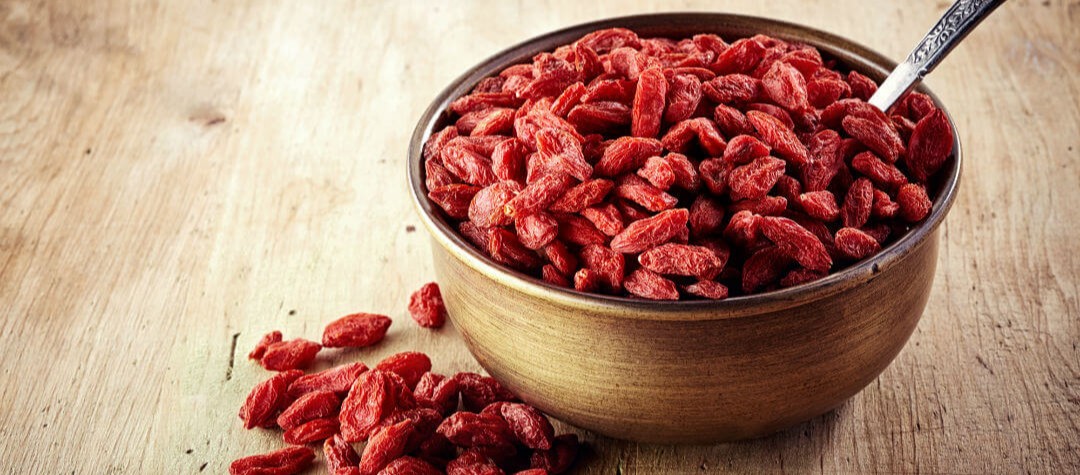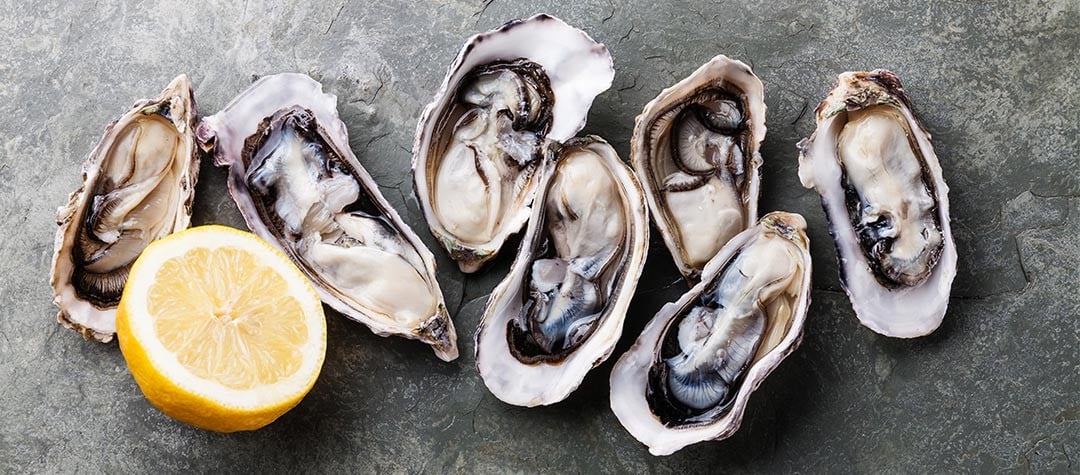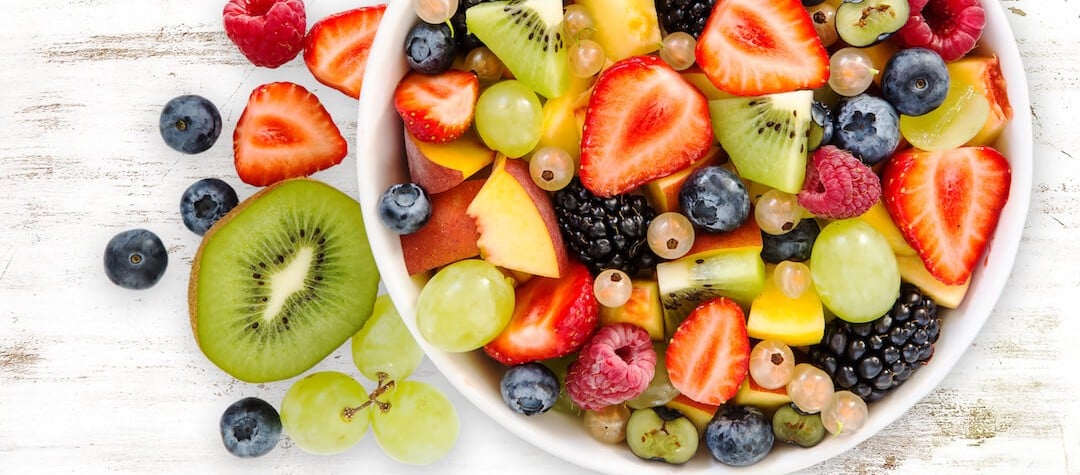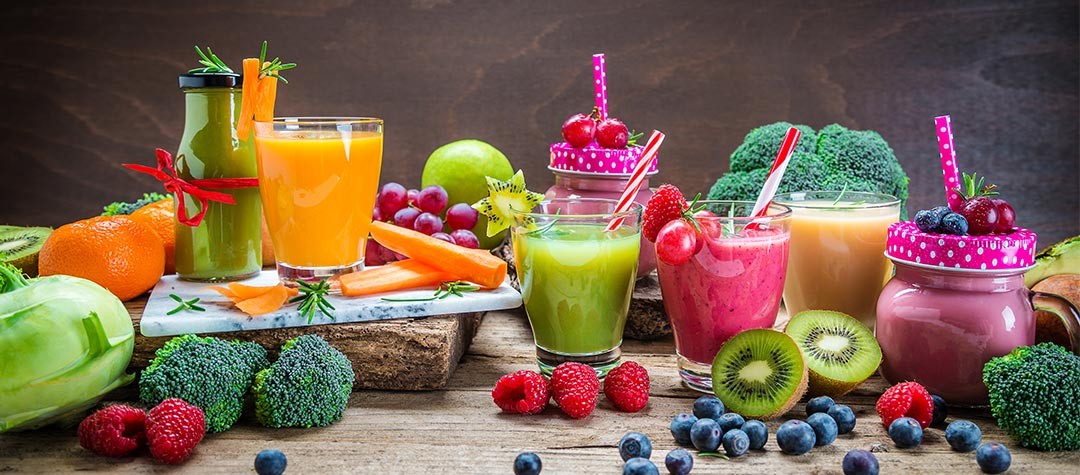The word ‘superfood’ is thrown around a lot these days, but in many instances, health claims made about certain foods are not all they’re cracked up to be. So before you go stocking up your fridge with the latest expensive food fads that claim to make you a healthier person, take a look at these overrated foods.
1. Goji berries
One area where goji berries outshine other fruits is in price, but in terms of nutritional value, they rank pretty much alongside any other berries. Although goji berries have been put on a pedestal in the health world, little research has been done to prove that the goji berry is better than any other berry for maintaining good health. Stick to some of the more widely available berries (strawberries, raspberries, blueberries) to get the same health benefits for a fraction of the cost.
2. Egg whites
If you separate the yolk from the white of the egg, then you’re essentially cutting out the best part. Egg yolks do contain dietary cholesterol which is why some people avoid them, but your body actually needs cholesterol to repair and build cells. And while it’s true that leaving out the yolk will cut the calorie count, you’ll also be missing out on most of the nutrients found in an egg including protein, iron, vitamins A, D, E, B12, selenium and folate amongst other things. So we’re not saying don’t eat egg whites, we’re simply saying, eat the yolks too.
3. Yoghurt
Let’s get one thing clear, some yoghurt can be healthy, but unfortunately flavoured yoghurts don’t fall into this category as they often contain a lot of added sugar and artificial sweeteners. Natural yoghurt is a good source of calcium and it can be a great way to get probiotics into your diet (although some people struggle to digest dairy so this can contradict these benefits.) If you want the health benefits of yoghurt, then stick to plain, full-fat unsweetened varieties, and add your own fruit if you’re looking for a sweet topping.
4. Acai berry juice
Celebrities and health magazines have been raving about the benefits of these little purple fruits for years, but is acai berry juice really worth all of the hype? According to research... not really. The berry in its natural form is a nutritious option, but they are difficult to get hold of, whereas acai juice is more widely available in health food stores. Despite some of the health claims made, studies have shown that acai juice is pretty average in comparison to other fruits. In fact, acai berry juice was found to be lower in antioxidants than blueberry juice, pomegranate juice and even red wine.
5. Agave nectar
Agave nectar has been hailed as the healthy alternative to sugar . While it’s true that agave nectar has a low glycemic index, it is still high in the simple sugar fructose. As fructose occurs naturally in food such as fruit, many people consider it ‘healthy,’ but when consumed in high amounts, fructose can become difficult for your liver to process and it can cause long-term effects on your blood sugar levels. If a sugar substitute sounds too good to be true, then it probably is.
6. Granola
Granola might sound like the ideal breakfast option, loaded with oats, grains, dried fruit and nuts, and granted it does have some health benefits, but some shop bought granola is much higher in calories than people realise. A mixture of sugar and oil is used to hold the pieces of granola together and some packets of the cereal include added pieces of chocolate which drastically increases the sugar value of the breakfast. Make the swap from granola to a simple bowl of porridge or muesli to cut the high calories and reduce your sugar intake.
7. Smoothies
A drink made from fruit might sound like the perfect solution to all of your health woes, but while smoothies can be a nutritious option when made correctly, some shop bought versions are full of refined sugars and syrups. As with any food, fruit should also be enjoyed in moderation, so while one smoothie a day will help your body get the vitamins and nutrients it needs, three or four a day will drastically raise your sugar intake. Fruit alone is not enough to sustain a healthy diet, and remember that fruit also contains calories.














